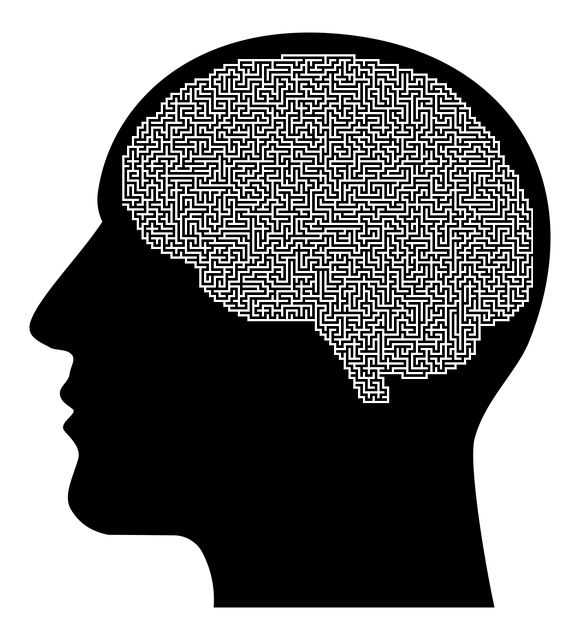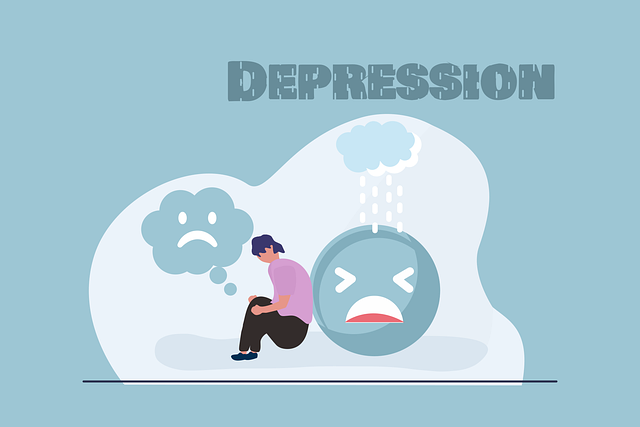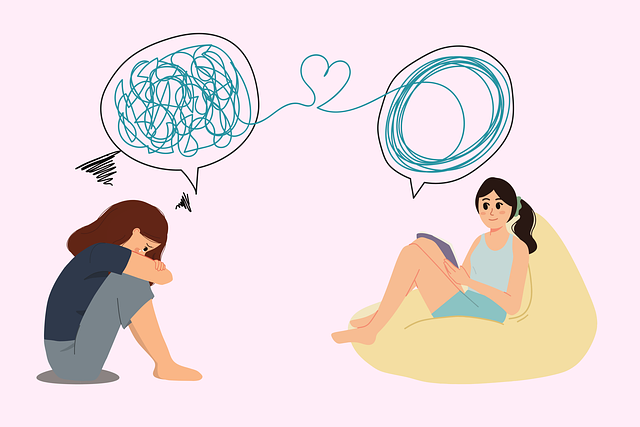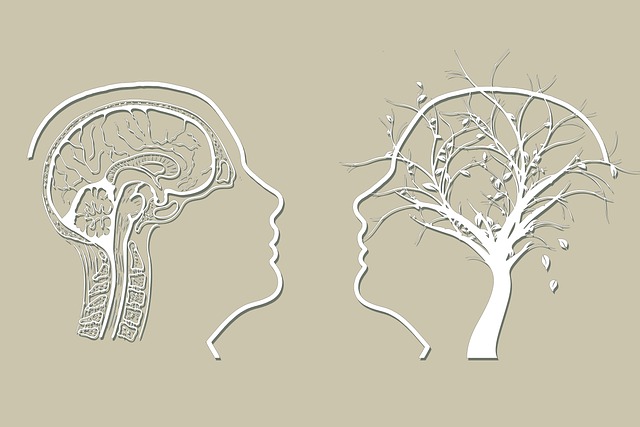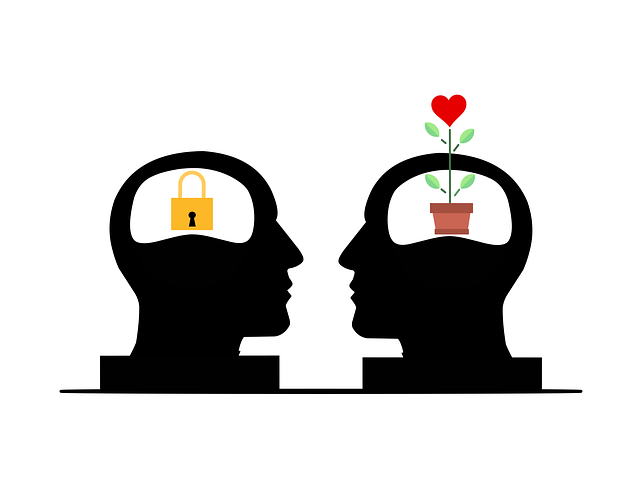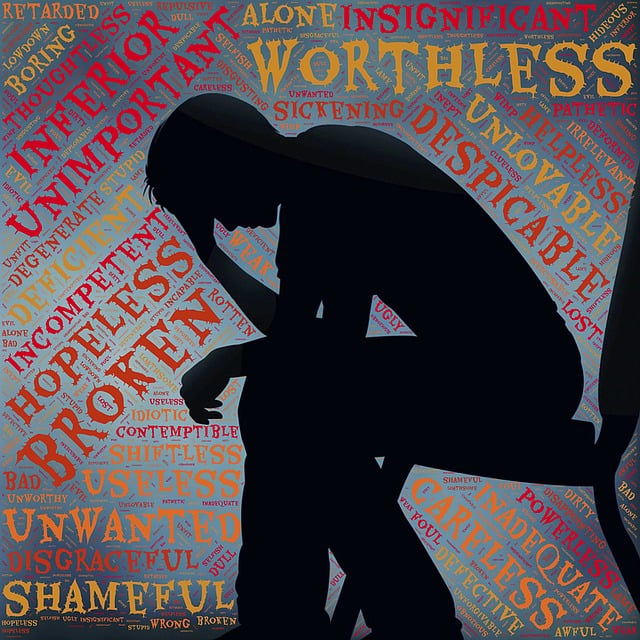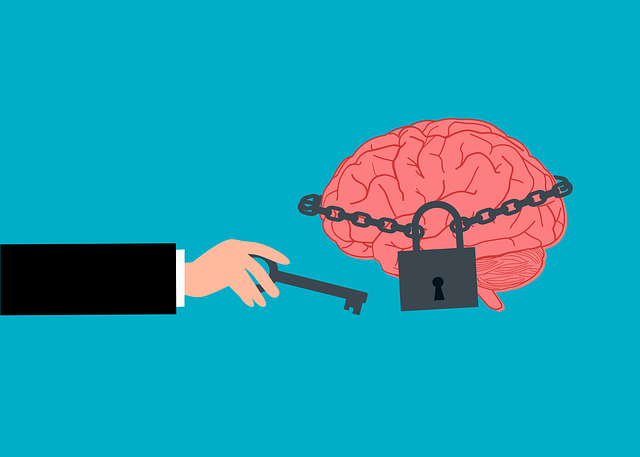Mental Health Crisis hotlines offer crucial, immediate support for young children with bipolar disorder, providing confidential conversations with trained professionals who educate on symptom management and connect families to therapy. Integrating coping strategies like compassion cultivation and mental wellness journaling, these services empower users while reducing stigma, fostering a culture of care and resilience. Therapists assist in crisis intervention and use evidence-based practices like CBT and mindfulness exercises to help young minds manage intense emotions, promoting long-term mental wellness through community outreach and mind-over-matter principles.
“In times of mental health crises, a simple phone call can be a lifeline. Mental health crisis hotline support services play a pivotal role in assisting young individuals, particularly those grappling with bipolar disorder. This article delves into the critical functions of these hotlines, exploring their impact on vulnerable youth. We dissect the crucial roles therapists play in providing immediate support and guidance during such emergencies. Additionally, we examine the resources and training that equip hotline operators to offer specialized care for young minds in need, focusing on effective therapy for bipolar disorder.”
- Understanding Mental Health Crisis Hotlines: A Lifeline for Young Children with Bipolar Disorder
- The Role of Therapists in Providing Support and Guidance during Crises
- Resources and Training: Equipping Hotline Operators to Help Young Minds
Understanding Mental Health Crisis Hotlines: A Lifeline for Young Children with Bipolar Disorder

Mental Health Crisis hotlines are vital resources for young children grappling with bipolar disorder, offering immediate support and a lifeline when they need it most. These dedicated phone lines provide a confidential and non-judgmental space where youngsters can express their struggles, fears, and intense emotions. Trained professionals offer not just crisis intervention but also guidance on managing symptoms, promoting emotional well-being, and connecting families with relevant therapy for young children bipolar disorder.
Integrating compassion cultivation practices and mental wellness journaling exercises, these hotlines empower young users with coping strategies to navigate their mental health journey. By fostering open communication, they help reduce the stigma associated with seeking support, encouraging a culture of care and resilience among young individuals striving to manage bipolar disorder.
The Role of Therapists in Providing Support and Guidance during Crises

Therapists play a pivotal role in supporting individuals and families during mental health crises. When faced with severe distress or conditions like bipolar disorder, therapists offer specialized care tailored to each client’s unique needs. For young children experiencing emotional turmoil, therapy provides a safe space for them to express their feelings, fears, and frustrations. Through various therapeutic techniques, therapists help these young minds process and manage intense emotions, promoting mental wellness.
The approach may include evidence-based practices such as cognitive-behavioral therapy (CBT) or mindfulness exercises, which have proven effective in treating bipolar disorder. Additionally, therapists guide clients through journaling exercises to track their moods and triggers, fostering self-awareness and empowering them to take an active role in their mental wellness journey. Furthermore, they offer valuable guidance on coping strategies, family communication techniques, and the development of coaching programs designed to enhance overall mental health and resilience.
Resources and Training: Equipping Hotline Operators to Help Young Minds

Hotline support services play a pivotal role in addressing mental health crises among young individuals. Equipping operators with the right resources and training is essential to effectively assist those in need, especially when dealing with complex conditions like bipolar disorder in children. Specialized training programs focus on teaching operators the nuances of childhood psychology and the specific challenges associated with bipolar disorder.
These programs often incorporate community outreach strategies, fostering connections between hotline services and local support networks. By integrating depression prevention initiatives and promoting mind-over-matter principles, operators gain valuable tools to guide young minds towards healthier coping mechanisms. This holistic approach ensures that beyond immediate crisis intervention, hotline support contributes to long-term mental well-being, empowering both children and the adults who care for them.
Mental health crisis hotline support services play a pivotal role in assisting young children with bipolar disorder, offering immediate relief and long-term guidance. By combining understanding, resources, and trained professionals like therapists, these hotlines equip parents and caregivers with the tools to navigate crises effectively. With proper training, hotline operators can provide crucial interventions that enhance therapy for young children with bipolar disorder, ensuring better mental health outcomes and a brighter future.


